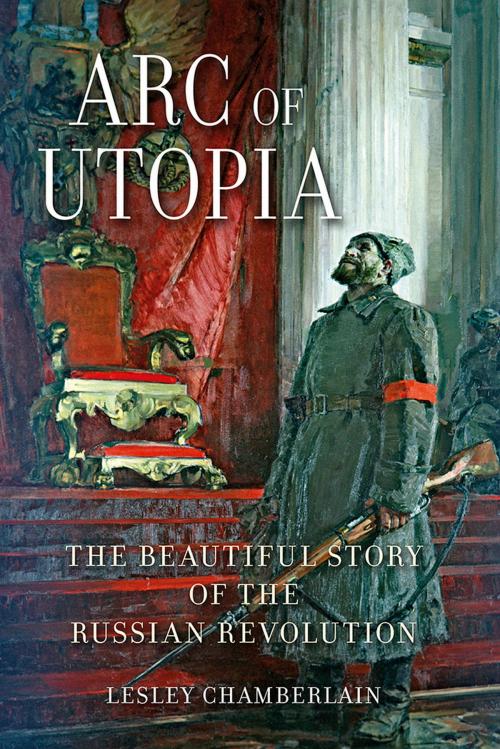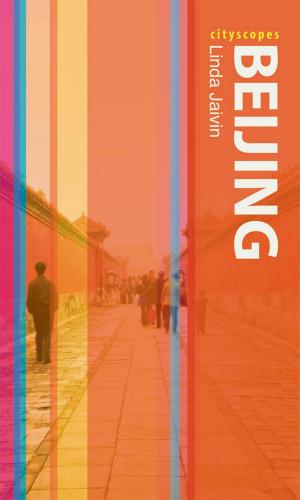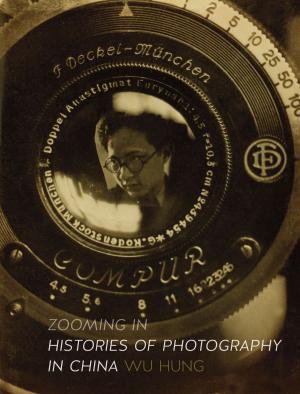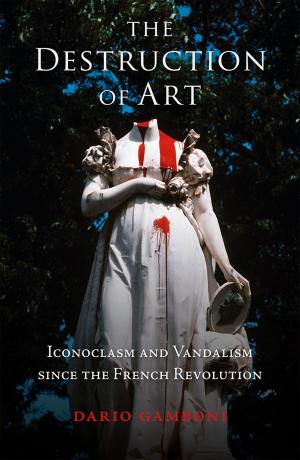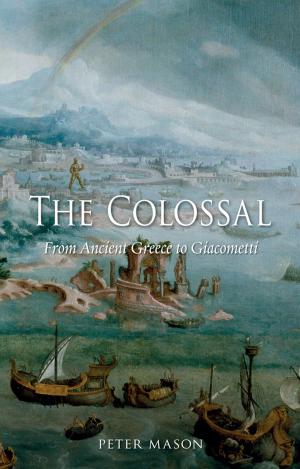Arc of Utopia
The Beautiful Story of the Russian Revolution
Nonfiction, History, Asian, Russia, Religion & Spirituality, Philosophy, Political| Author: | Lesley Chamberlain | ISBN: | 9781780238562 |
| Publisher: | Reaktion Books | Publication: | November 15, 2017 |
| Imprint: | Reaktion Books | Language: | English |
| Author: | Lesley Chamberlain |
| ISBN: | 9781780238562 |
| Publisher: | Reaktion Books |
| Publication: | November 15, 2017 |
| Imprint: | Reaktion Books |
| Language: | English |
Although Lenin and his fellow revolutionaries never called themselves Utopians—believing strictly in a science of revolution, they considered Utopians to be merely dreamers—they were enormously inspired by the grand humanitarian aims of the French Revolution of 1789. Taking up this French revolutionary agenda and reinforcing it with German philosophy, Russians formed a beautiful vision in which an imaginary theology blended with a premier role for art.
Arc of Utopia offers a fresh look at these German philosophical origins of the Russian Revolution. In the book, Lesley Chamberlain explains how influential German philosophers like Kant, Schiller, and Hegel were dazzled by contemporary events in Paris, and how this led a century later to an explosion of art and philosophy in the Russian streets, with a long-repressed people reinventing liberty, equality, and fraternity in their own cultural image. Chamberlain examines how some of the greatest Russian names of the nineteenth-century—from Alexander Herzen to Mikhail Bakunin, Ivan Turgenev to Fyodor Dostoevsky—defined their visions for Russia in relationship to their views on German enthusiasm for revolutionary France.
With the centenary of the Russian Revolution approaching, Arc of Utopia is an important and timely revisioning of this tumultuous moment in history.
Although Lenin and his fellow revolutionaries never called themselves Utopians—believing strictly in a science of revolution, they considered Utopians to be merely dreamers—they were enormously inspired by the grand humanitarian aims of the French Revolution of 1789. Taking up this French revolutionary agenda and reinforcing it with German philosophy, Russians formed a beautiful vision in which an imaginary theology blended with a premier role for art.
Arc of Utopia offers a fresh look at these German philosophical origins of the Russian Revolution. In the book, Lesley Chamberlain explains how influential German philosophers like Kant, Schiller, and Hegel were dazzled by contemporary events in Paris, and how this led a century later to an explosion of art and philosophy in the Russian streets, with a long-repressed people reinventing liberty, equality, and fraternity in their own cultural image. Chamberlain examines how some of the greatest Russian names of the nineteenth-century—from Alexander Herzen to Mikhail Bakunin, Ivan Turgenev to Fyodor Dostoevsky—defined their visions for Russia in relationship to their views on German enthusiasm for revolutionary France.
With the centenary of the Russian Revolution approaching, Arc of Utopia is an important and timely revisioning of this tumultuous moment in history.
